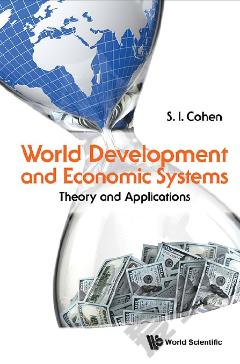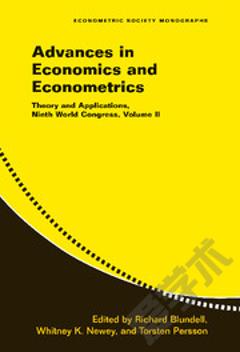The Economics of Contracts: Theories and Applications
A contract is an agreement under which two parties make reciprocal commitments in terms of their behavior to coordinate. As this concept has become essential to economics in the last 30 years, three main theoretical frameworks have emerged: 'incentive theory', 'incomplete-contract theory' and 'transaction-costs theory'. These frameworks have enabled scholars to renew both the microeconomics of coordination (with implications for industrial organization, labor economics, law and economics, organization design) and the macroeconomics of 'market' (decentralized) economies and of the institutional framework. These developments have resulted in new analyses of a firm's strategy and State intervention (regulation of public utilities, anti-trust, public procurement, institutional design, liberalization policies, etc.). Based on contributions by the leading scholars in the field, this 2002 book provides an overview of developments in these analytical currents, presents their various aspects, and proposes expanding horizons for theoreticians and practitioners.
{{comment.content}}








 京公网安备 11010802027623号
京公网安备 11010802027623号